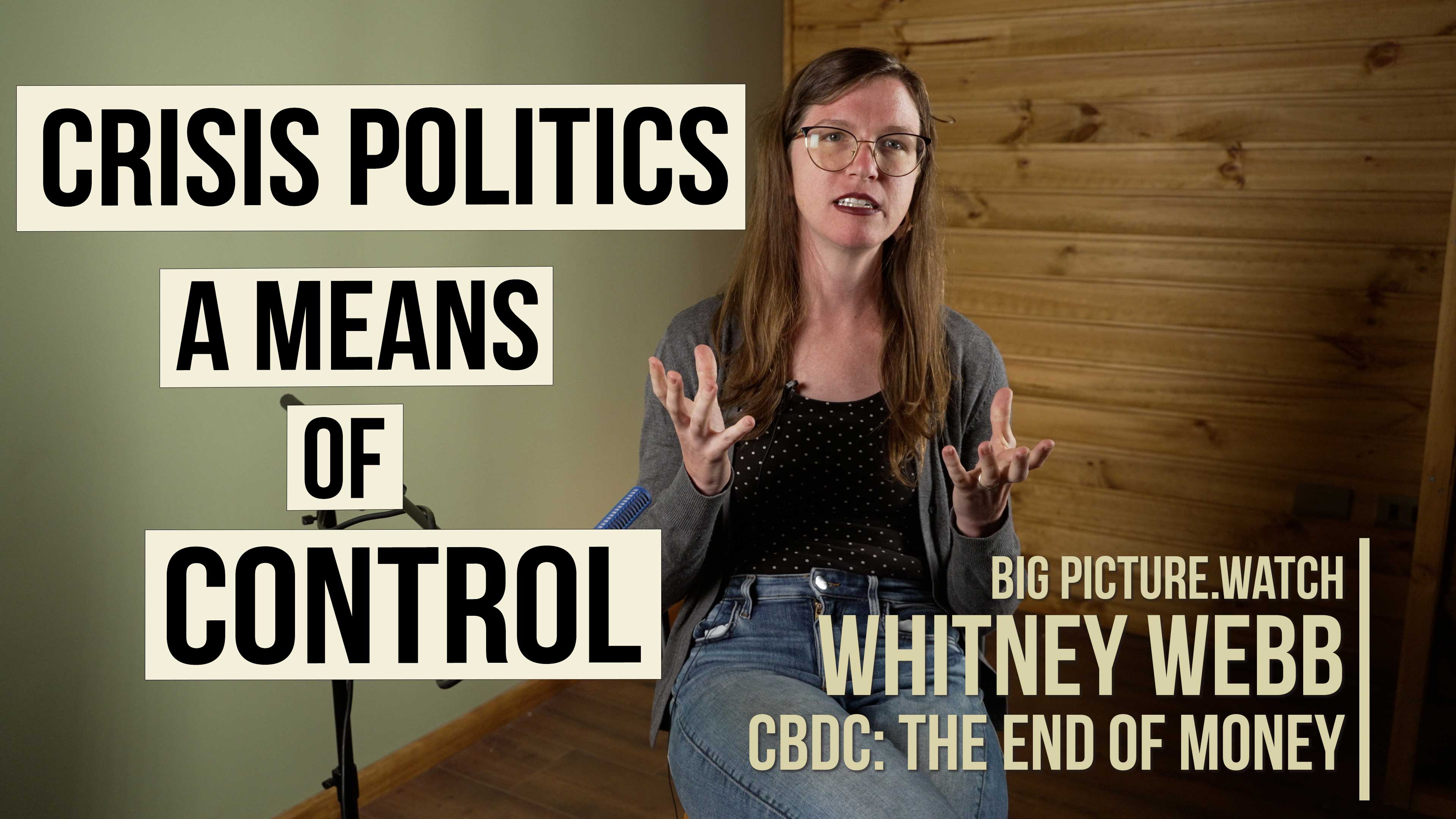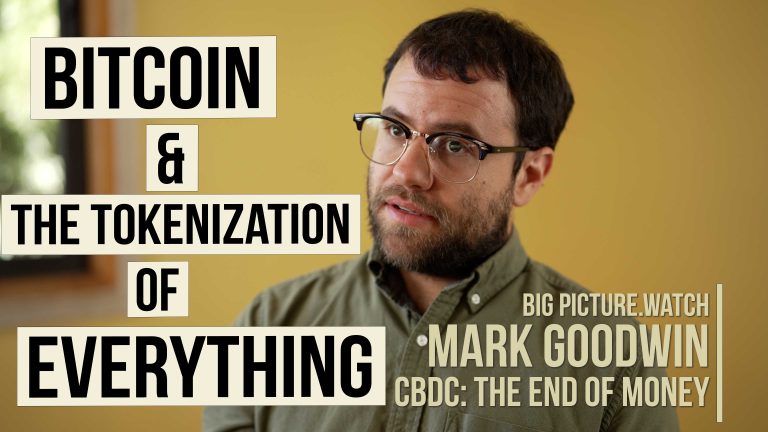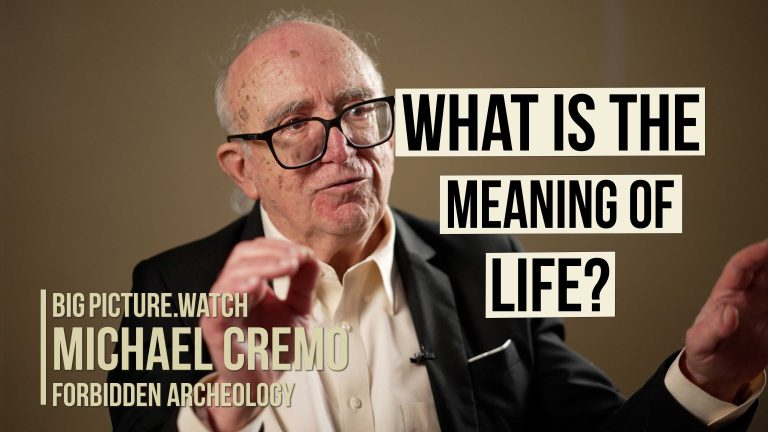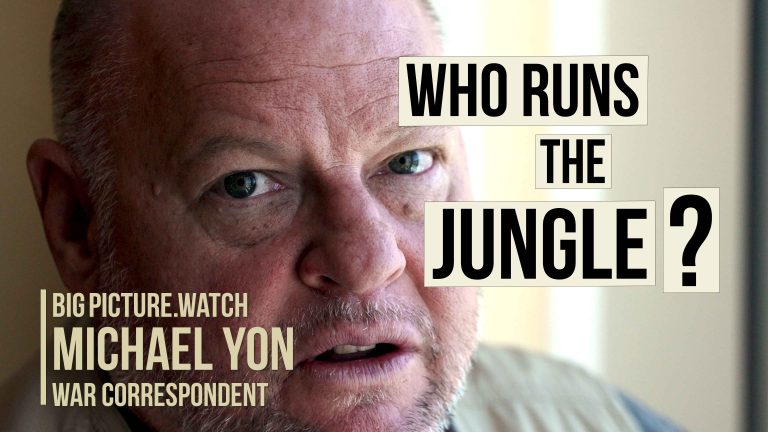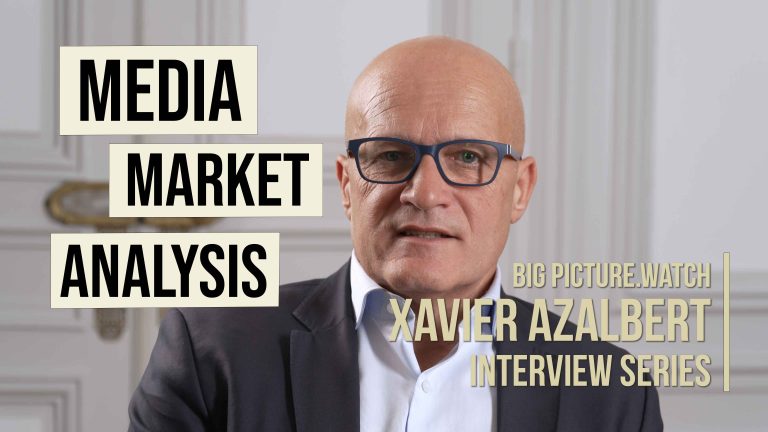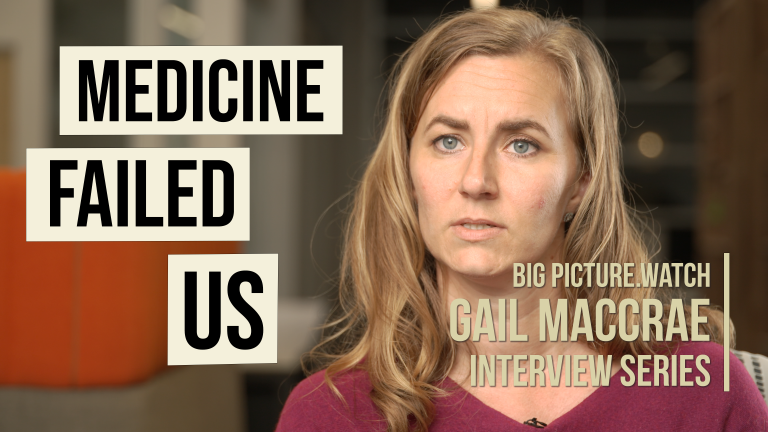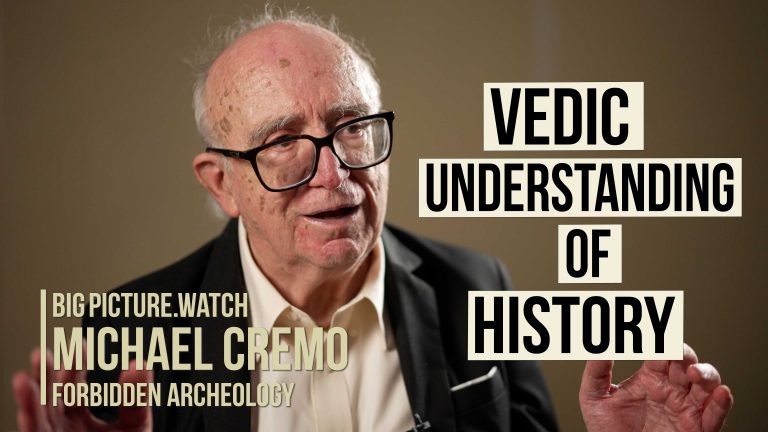Crisis Politics: A Means of Control | Whitney Webb
Whitney Webb, the contributing editor to Unlimited Hangout, has been an investigative journalist and researcher for about eight years and previously worked for MIT Press News as their senior investigative reporter.
Youtube | BitChute | Rumble | Odysee | Download
This interview with Webb—shot for the making of a documentary CBDCs: The End of Money—focuses on the use of crises to usher in reforms that the public wouldn’t otherwise accept.
Why would people accept an inferior type of programmable money when they can use a free one today? The answer is through force and manipulation. To bend public opinion into acceptance of such restrictions, the manufacture of crises is a tried-and-true tactic.
So, what crisis will be pulled to get us to accept CBDCs? Whitney explores that question and more in this interview, noting that there has bee much discussion of a potential “global cyber pandemic” as a means of seizing control of the worlds of finance, journalism, and internet regulation. In such a senario, financial privacy will be maligned as “facilitating terrorism.” We’ve seen the promotion of the idea of a “Drivers License of the Internet” and the elimination of anonymous internet use. (Obama pushed this when he was president, and individuals like Klaus Schwab of the World Economic Forum continue to encourage it.) Disseminating information that counters official narratives would be deems a criminal act, and private banking regulations can be used to enforce censorship, ie. de-banking “dissidents.”
In the drive for CBDCs, we are seeing a public-private partnership between the central banks and the commercial banks with regard to implementing financial controls on the public. This is a clever way to make such restrictions legal. If the central banker were to apply financial restrictions on the public directly, they would run into constitutional issues. Also, stablecoins issued by private banks are seen as a way to bypass constitutional restrictions, a direct issue CBDCs would face. Furthermore, it takes time to engineer a CBDC, so using existing stablecoins is a faster way to achieve the same goal.
There is a shared global policy to push the “cyber pandemic” narrative, with coordination between supposedly opposing governments worldwide. We can see this in the fact that the World Economic Forum has hosted Cyber Polygon—a corporate cybersecurity training event—with the participation of the Russian government. Another private digital finance company, R3, is developing CBDCs, stablecoins, and tokenized deposit systems for banks and governments worldwide. A Barbadian-British reggae artist, Oliver Gale, is leading the development of stablecoins for banks worldwide. US, UK, and Israeli intelligence and megabanks are steering towards an end to online privacy through initiatives like the World Economic Forum’s Partnership against Cybercrime. Basically, it’s all theater and all governments are working for the same interests.
A “cyber pandemic” could be a way to usher in and onboard people to CBDCs or dollar-backed stablecoins. In short: yourold money is gone, but now you can get it back in this new, controlled form of money. Intelligence-agency-connectedcompanies like Cybereason have been simulating cyber pandemic situations. These are indications of potential scenarios that could be played out in the future. We must be vigilant of these narratives.
“All your money was stolen, and now you can get it back in this new form.”
While Elon Musk has been hailed as a savior of the free world, his business dealings are highly government-connected. At the very least, he has conflicts of interest with regard to civil liberties and free speech. We are seeing the rise of more “right leaning” political rhetoric worldwide, but the same interests driving CBDCs are behind this movement, so we should be aware of that and see it as a bait-and-switch. We should be suspicious of cyber false flags being perpetrated to foist greater systems of control over the population.
Webb sees the subjugation of the people, worldwide, as the ultimate form of financial “risk management.” After all, as BlackRock CEO Larry Fink said in an interview, “markets like, actually, totalitarian governments” over free markets and free people. A system of neo-feudalism is being built with the people in the role of policy subjects, not policymakers. Oligarchs will make global rules, and we will be required to obey.
“Decentralization” is simply a talking point to gain consent. Decentralized, interoperable data is being collected on every person from their transactions, activities, and interests. This structure is truly centralized, with the term “decentralized” being used in a misleading way. Essentially, it’s another way of describing public-private partnerships. This is a means of bypassing our civil liberties and constitutional rights to privacy, while giving the illusion that you are in control of your data in a decentralized system, when, in fact, you are not.
Sign up for the newsletter for updates on interviews like this one:
PLEASE DONATE TO THE MAKING OF THIS FILM
All donations go to the production of documentary films and interviews like this one. It is a spiritual work that I do to help the public see the Big Picture of what we are up against, and how we can defend human liberty. Thank you for your contribution to this effort.

